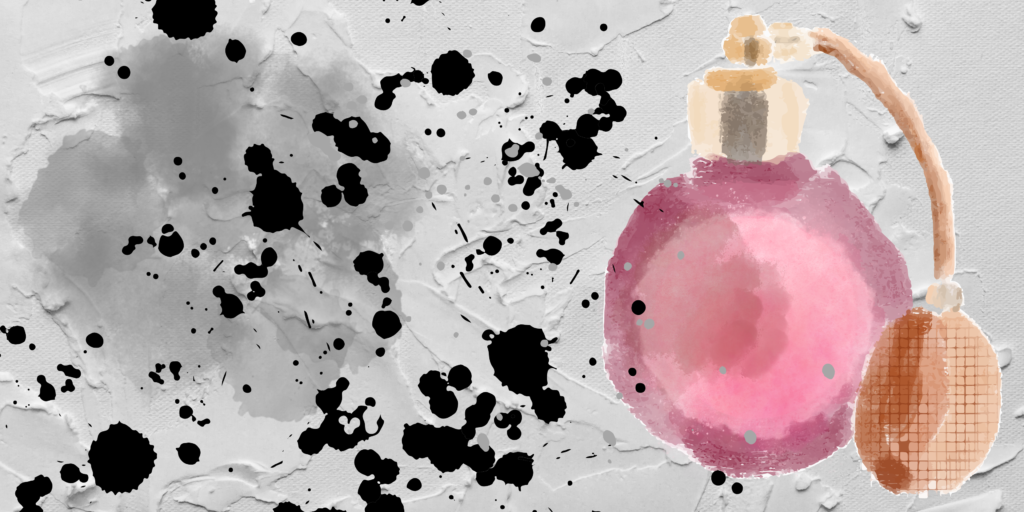Sometimes she grew so nervous that she had to sit in her room for hours until her hands stopped trembling. She wondered if her daughters ever thought about her.

November 6, 2020
PoPo had lived with him for 72 years.
When they met she was 15. Before he was Popo’s husband, he was a pharmacist employed by the People’s Liberation Army. She was the only daughter of merchants. Her father owned a textile factory along the river. As a woman, she was set to inherit nothing. Her father viewed education for women as a chore. As a result, she could not read. In the long afternoons spent at home she learned how to sew—scarves, handkerchiefs, linen pants—and to cook the dishes her husband liked. Pig knuckles steeped in soy sauce, beef with anise and soybean. Thick, hearty dishes from the north.
Her husband wore glasses and had the countenance of a toad. His lips were heavy and he had cheeks that drooped. Sex between them was fast and easy but not without its tenderness. Every so often, he cupped her chin in the palm of his hand. Every so often, he kissed the bridge of her nose.
She may have been beautiful, but she did not think much about her looks. As a girl, her family could not afford photographs, even the ones printed as small as postage stamps. When the revolution came, her family lost the factory and her brothers migrated south. They packed their homes on their backs and left in the middle of the night to try their luck in other cities.
Over time she had three children, all girls. She was happy with daughters because she was scared of the rowdiness of boys. During motherhood, she developed a nervous condition. Her hands would shake of their own accord. The girls were sweet but none of them looked like her. They were in-and-out of the hospital for malnutrition. Their menstrual cramps made their heads throb with pain. During the war, she sent her youngest daughter away to be raised by her mother, until they could afford to be reunited again.
Her husband was patient and alert to her moods. He did not talk much when he was home. She liked to complain as she did her housework. She talked aloud to her daughters. When her daughters left for school, she talked aloud to the empty house. Hello, doorknob. Hello, toilet. She was drawn to what little security their family possessed. She wanted to fix the balcony’s sliding door. She wanted a radio that talked like her neighbor’s. She was envious of the sound as she mopped. She kept the screen door open to catch snippets of opera songs. She got lost in the tales of trickster gods stealing heaven’s fruit and courtesans who sang to the moon.
She went to America once, to meet her oldest daughter’s first child. The infant was loud. She was a rough, hairy thing who loved to grab at toys. When the baby clutched her pinky in its tiny fist, tears of gratitude leaked from PoPo’s eyes.
In America she hated her daughter’s clipped hair and the refrigerated milk that made her stomach turn. She could not walk to the market or answer the telephone so she paced around her daughter’s neighborhood and studied the plants and trees. The motion of sitting in the back of a moving car made her sick. On a trip to the Great Smokey Mountains, she vomited rice and pickled vegetables onto the wide, American asphalt, a road smoother than the rubble that crowded her city’s streets. She clutched her empty stomach and moaned the whole way home.
Her other daughters married and moved away to other cities. Her husband bought her a television. In the mornings, he read her the daily news. The wealth was always increasing. In their new apartment, they no longer showered over the toilet.
There came a time when she could not clean the house on her own. In the retirement home by the canal they played mahjong and tennis. Her husband was the social one, walking ahead of her in the hallways, making friends. Sometimes she grew so nervous that she had to sit in her room for hours until her hands stopped trembling. She wondered if her daughters ever thought about her. It was a relief when they called her on the telephone and talked pleasantries.
The passage of time wrapped itself around them. Her husband broke his hip. She cursed her thinning hair and swollen feet. Her daughters called less and less.
Soon, it was her husband who sang songs to the moon.
In her dreams, the highway stretched long and steady ahead of her. The radio in the car played the song of a woman yearning for heaven’s fruit. She regretted the fact that she had never learned how to read. There was nothing else to keep her company now but the echo of her own voice. In all their years together, she had never said “I love you.” She had kept her attention fixed on inanimate things: buying powdered milk for the girls, using government stamps for bad meat. In the morning she woke up and spoke aloud to her empty room. She tapped her hand on the bedframe and sang. Hello, husband. Hello, child. Hello, moon.



